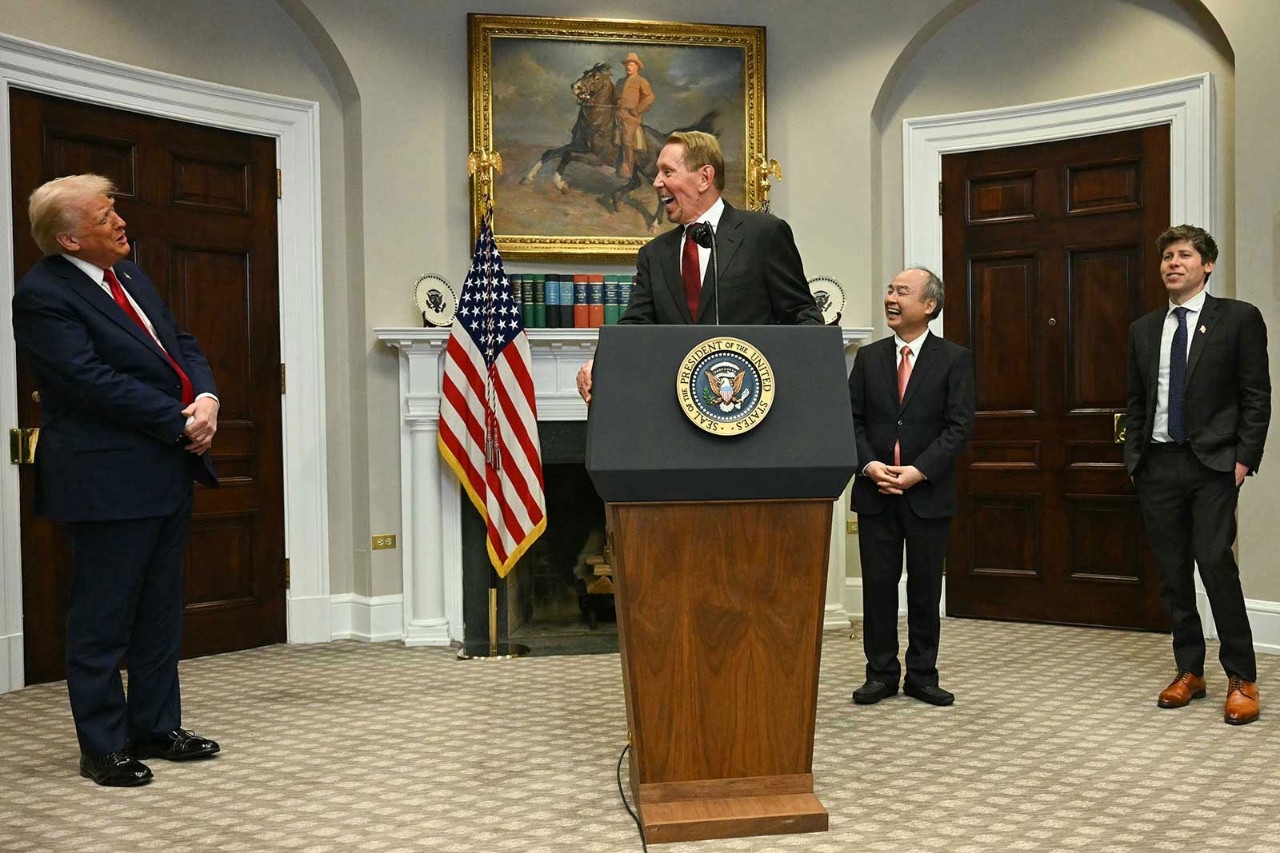
Every sector faces a wide range of risks but in healthcare, management of risk can often be a matter of life and death. A new report from ACCA argues that the healthcare sector faces ‘a perfect storm’ of risks, from severe skills shortages and rising cyber threats to economic pressure and the unintended consequences of artificial intelligence (AI), all of which affect patient care.
The report, Risk cultures in healthcare: the role of accountancy, is part of a series that explores how ACCA members’ attitudes and approaches towards risk management are evolving across different sectors. Based on extensive research and discussions with risk and financial professionals working in the sector across the world, the report explores how the integration of clinical, operational and financial management can effectively manage the rapidly evolving risk landscape. This alignment, it argues, enhances improved decision-making and empowers healthcare organisations to deliver high-quality patient care. The report calls for the sector to break down silos and embrace this more cohesive approach to risk management.
‘Purpose is the cornerstone of a strong risk culture’
The report points out that effective risk management in the highly regulated healthcare sector depends on reliable data, ethical oversight and sound financial stewardship – all areas where accountancy professionals can excel.
Demanding and complex
But managing risk in the healthcare sector is uniquely demanding and complex. The sector must proactively manage a huge range of risks, including cost pressures, patient safety, cyber issues and supply disruption. And there is often no single ‘right’ answer to the challenges faced; organisational goals often compete, and there is constant pressure to reassess new delivery and operational opportunities.
The research carried out as part of the report identified a number of themes and a strong common denominator in terms of purpose: patient safety. ‘Purpose is the cornerstone of a strong risk culture,’ says the report. ‘It unifies individuals and teams, instils accountability, and creates a shared vision that inspires proactive and ethical risk management.’
But, it adds, boards, senior management and finance professionals need to create an environment where purpose permeates the culture of the organisation, aligning behaviours, risk attitudes and decision-making across all levels.
‘You cannot be in charge of safeguarding finances without understanding the bigger picture’
AI revolution
The report makes the point that AI and generative AI have focused the minds of many finance professionals in the sector on risk management. ‘Many of the lightbulb moments in our discussions with participants,’ says the report, ‘came up because if a thorough analysis of “what risk culture is” wasn’t on their radar before, they agreed that now was the time, given the perils and promises of AI applications in healthcare.’
AI is revolutionising the healthcare sector, providing new solutions for drug discovery, virtual consultations, diagnosis, medication management and health monitoring. Finance professionals, says the report, play a critical role in building a risk culture to anticipate and mitigate the potential risks of AI adoption. As one healthcare CFO put it: ‘In healthcare, you cannot be in charge of safeguarding finances and allocating constrained resources without understanding that bigger picture. That’s why you’re going to see accountancy professionals not only driving risk-conscious cultures but looking for the right balance between prudence and caution on one hand and innovation and accountability for AI [adoption] on the other.’
The report also argues that finance professionals need to employ risk appetite more effectively to ensure that the right risks are identified and managed in the right way. Traditional methodologies, it points out, will not work in today’s risk landscape; using the matrix approach to record risk scores for cyber and corruption losses, for example, can bring misleading results because it will fail to capture risks that are more behaviour-driven. Instead, finance professionals should be more focused on asking the right questions and making sure that risk frameworks are simple enough for all stakeholders to understand.
‘Imagine the impact we could achieve by unifying clinical and non-clinical risk management’
The report sets out a series of action points for financial professionals in the healthcare sector, including:
- Take the lead in translating purpose into a common language across the organisation and distilling it to its fundamentals; otherwise, purpose will become misaligned and meaningless.
- Take practice actions in forging new partnerships with suppliers, sharing risks and driving greater transparency across supplier agreements.
- Create the right metrics and key performance indicators through risk and performance management systems, using both quantitative and qualitative information.
- Foster trust and transparency by ensuring that any operational change that is driven by AI is debated, assessed and embraced responsibly.
- Establish and monitor a strong risk governance system that motivates employees to take calculated risks to achieve their goals.
- Ensure that risk appetite is understood on all levels, and that appropriate resource allocation is aligned with risk appetite.
- Take responsibility for implementing measures that actively look for fraud, and help to promote more open, transparent cultures, where concerns are communicated up and down the organisation.
- Take a leading role in creating policies that promote a ‘just culture’ – one that is more accountable – and championing ethical decision-making.
- Be aware of your surroundings and biases when determining the appropriate course of action, especially as AI inputs become increasingly relied on.
‘Imagine the impact we could achieve by unifying clinical and non-clinical risk management,’ says Joachim Adenusi of Conrad Clark and IRMS, in his closing remarks to the report. ‘This would bring sharper focus to decision-making, enhanced performance, and stronger financial foundations, ultimately lifting the standard of care for everyone.’
More information
Listen to our podcast series on risk, which includes an episode with Alex Rothwell, CEO of the UK’s NHS Counter Fraud Authority, on the impacts of fraud and the vital role accountants play in its prevention



